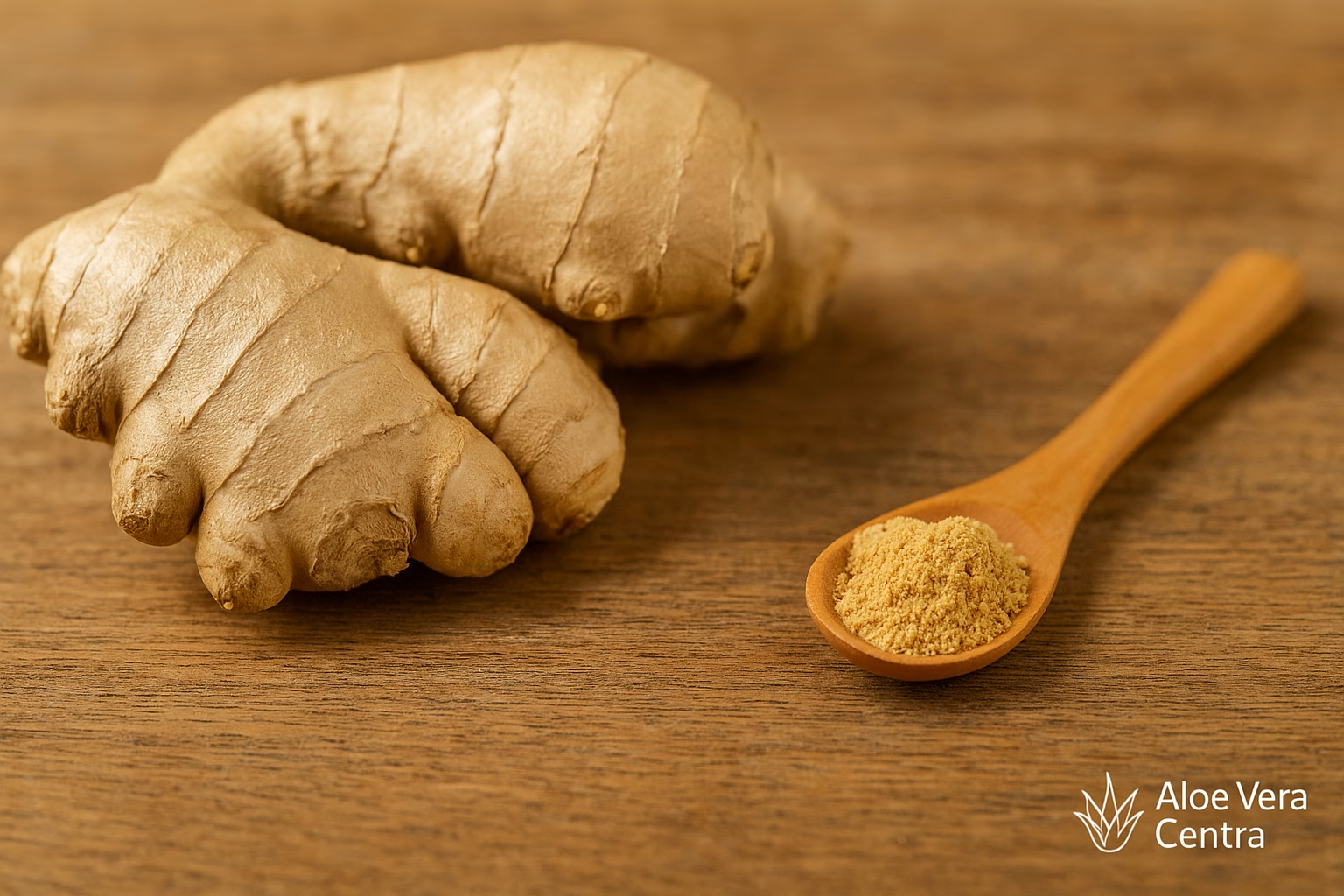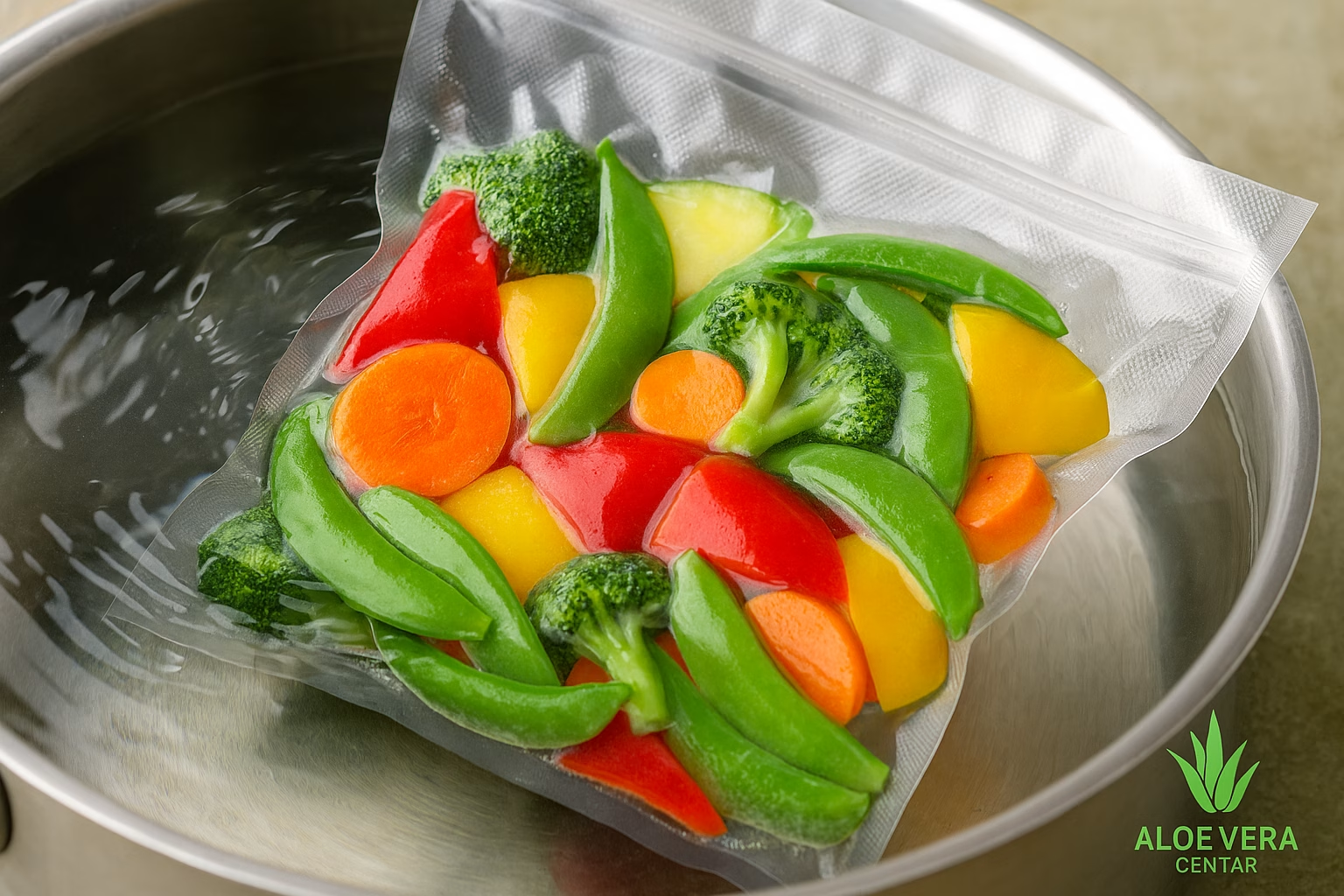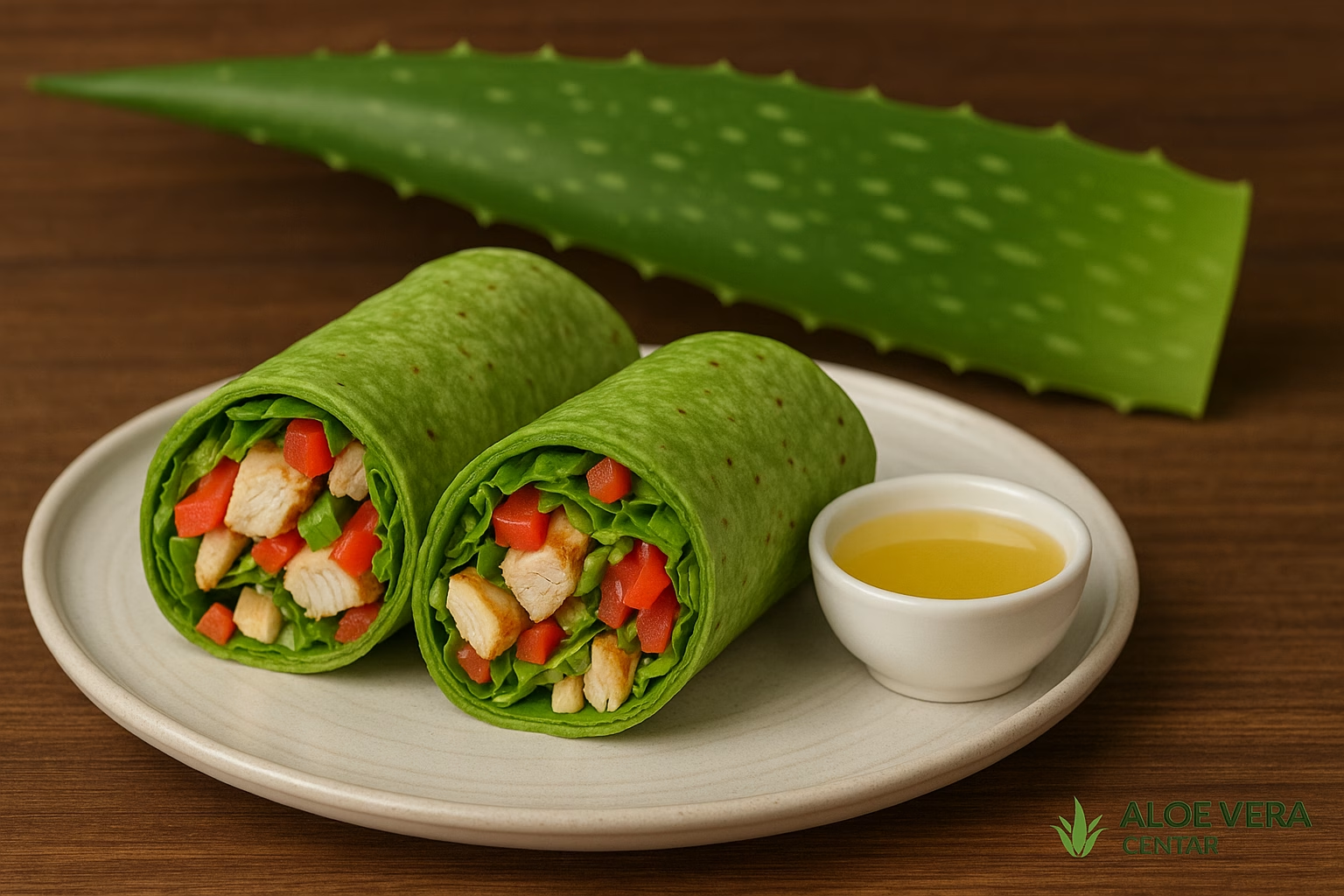
Keto Diet – Practical Menu and Tips for Effective Weight Loss
Keto diet: a menu for burning fat quickly
Keto diet . It’s almost impossible not to hear about it lately, right? Numerous users, fitness enthusiasts and nutrition experts are mentioning it as a real revolution in the fight against excess weight. It sounds promising, but what exactly is the keto diet, how does it work and how to create a menu that will help you burn fat while staying healthy and energetic? You may be wondering how it is possible to eat a high amount of fat and still lose weight. Sounds too good to be true? Keep reading…
This article will explain the basics of the keto diet in detail, including macronutrient distribution, scientific background, and potential benefits, as well as warn you about possible side effects. You’ll also get specific menu suggestions, helpful tips on how to combine keto with supplements, and learn why supporting your body during this intense metabolic shift is important. There are also a few practical tricks waiting for you, as well as a discreet opportunity to get 15% off products that can make your keto adventure easier. And of course, you can use our AI advisor for personalized recommendations. Get your pen and paper ready (or a note-taking app) – let’s go!
What is the keto diet and how does it work?
The keto diet (ketogenic diet) is based on a reduced carbohydrate intake and increased fat intake, with a moderate protein intake. The main goal is to bring the body into a state of ketosis , in which it uses ketone bodies derived from fat instead of glucose as the primary source of energy. When we radically reduce carbohydrate intake, we force the body to reach for an alternative “fuel” – fat stores. This promotes fat burning, which many use for weight loss or weight control.
From a nutritional standpoint, a keto diet typically consists of:
- 70-75% of calories from fat
- 20-25% from protein
- 5-10% from carbohydrates
For example, if you eat a typical 2,000-calorie diet per day, that means you’d only be consuming 25-50 grams of carbs, including those from vegetables. Sounds daunting? That’s why planning your meals and tracking your progress is so important. According to Healthline , a well-planned keto diet can be safe and effective, but you need to follow the guidelines, stay hydrated, and make sure you’re getting enough electrolytes.
Why is the keto diet associated with rapid fat loss?
When the body enters a state of ketosis, fatty acids are intensively broken down into ketone bodies , which serve as fuel, primarily for the brain and muscles. This “push” of the body towards an alternative energy source often leads to accelerated fat loss. In addition, the keto diet is associated with appetite regulation. High fat and moderate protein can provide a longer feeling of satiety, which means it is easier to endure between meals without unnecessary snacks.
Another reason for the rapid initial weight loss is the loss of water retention. Carbohydrates bind to water in the body, and when you reduce them, the body expels excess fluid. However, an important note: this rapid initial weight loss does not necessarily mean a permanent solution. To maintain results, you need to take care of your diet and physical activity in the long term, and Forever Therm can help you with this, a supplement that can further boost metabolism and support calorie burning.
Key macronutrients in the keto diet
1. Fats
Fats are the foundation of the keto diet. However, it doesn’t matter what type of fat you choose. The focus should be on healthier sources: avocado, olive oil, coconut oil, nuts, seeds, butter, full-fat cheeses. Animal sources include fatty fish (e.g. salmon, mackerel, tuna), as well as fatty meats. At this stage, many people like to support heart and circulatory health with quality omega-3, so check out Forever Arctic Sea Omega as a supplement that provides essential fatty acids.
2. Proteins
The amount of protein on a keto diet should not be excessive because too much protein can lead to gluconeogenesis, the process by which the body starts producing glucose again. The optimal amount ranges between 0.8 and 1.2 g of protein per kilogram of body weight (depending on your goals and activity level). Protein sources include eggs, fish, meat, cheese, Greek yogurt (with a low carbohydrate content). Also consider specialized protein supplements for the keto diet, but make sure that their carbohydrate content is not too high.
3. Carbohydrates
On the keto diet, they are minimal. The priority is low-carb vegetables such as green leafy vegetables, broccoli, cauliflower, and asparagus. Fruit is mostly avoided, except for berries (e.g. raspberries, blueberries) in small quantities. If you need some kind of sweetener, stevia and erythritol are most often used, because they are “neutral” from a glycemic perspective.
Short menu examples for a faster start
Here’s what a day on the keto diet might look like (adjust it depending on your individual needs and calorie goals):
- Breakfast: Three-egg omelet with spinach and cheese, and a cup of black coffee with a little coconut oil
- Snack: A handful of almonds or walnuts
- Lunch: Baked salmon in butter, arugula salad and olive oil
- Snack: Greek yogurt with a few berries
- Dinner: Chicken drumstick with skin, roasted cauliflower “on rice”, green salad with avocado
Some do not need breakfast, that is, they practice intermittent fasting . If it suits you, skip breakfast and start with the first meal at lunch. At the same time, pay attention to the balance of calorie intake during the day. If your goal is stronger appetite control and efficient fat melting, consider a supplement like Forever Lean that helps reduce fat and carbohydrate absorption.
How to relieve the “keto flu” and provide energy
When you drastically reduce your carbohydrate intake, a common phenomenon is the so-called “keto flu” – fatigue, headache, irritability, muscle weakness. The reason is a sudden metabolic change and loss of electrolytes. To alleviate this, increase your intake of water, salt (preferably Himalayan or sea) and minerals such as magnesium and potassium. Some also recommend the consumption of stock or bone broth as a rich source of minerals and collagen.
In addition, quality sleep (7-8 hours) is essential for the regulation of hunger and satiety hormones (leptin and ghrelin). For additional energy support, some users like to use Forever Argi+ , which contains L-arginine and key micronutrients. However, be sure to check the composition of the supplement to ensure it is compatible with your keto restrictions.
Keto diet and Aloe Vera support
There are many benefits to combining a keto diet with Aloe Vera products. For example, drinking Aloe Vera Juice can help with digestion and absorption of nutrients, and is often said to have a beneficial effect on detoxification. In addition, Aloe Vera has a number of vitamins, minerals, and enzymes that can be useful during the keto adaptation phase – when the body is going through an “energy transition” and may be lacking in some micronutrients.
For anyone who prefers mental support and wants encouragement to persevere, it’s worth checking out articles like The Power of Positive Belief or How to Succeed in Life . Sometimes, motivation is what makes the difference between success and giving up in the early days of ketosis.
Potential benefits of the keto diet
1. Effective weight loss
Numerous studies show that the keto diet can be effective for weight loss. In addition to faster weight loss, many people also report a sustained reduction in appetite, as the high fat and protein intake keeps you feeling fuller for longer.
2. Stabilization of blood sugar levels
Drastically reducing carbohydrates can help regulate glucose and insulin levels, which is especially beneficial for people struggling with insulin resistance. However, if you have blood sugar control issues or diabetes, it’s crucial to consult your doctor before starting a keto diet.
3. Improved concentration and clarity of mind
Once the body becomes accustomed to ketones as a primary energy source, many users report better focus, mental clarity, and more consistent energy throughout the day – without that classic “crash” that usually occurs after a carbohydrate-rich meal.
4. Reducing inflammatory processes
High intake of sugar and refined carbohydrates is often associated with chronic inflammation in the body. The keto diet, with its low carb content, can help reduce this inflammation. However, it is important to know that the quality of fat plays a key role – saturated and unsaturated fats should be in a healthy ratio.
Possible risks and side effects
Although the keto diet has many benefits, it is not for everyone. People with liver, kidney, or heart disease should be especially careful. Consuming a lot of fat can be a strain on organs that are already damaged. In addition, the keto diet can cause constipation, bad breath (so-called “keto breath”), deficiencies in some micronutrients, and general weakness (if not done correctly).
This is where the question of adding a quality multivitamin and mineral supplement comes into play. One example is Forever Daily , which contains essential vitamins and minerals. However, always compare the ingredients to keto requirements or seek expert advice. If you feel unsure about choosing a supplement, you can use our AI advisor for personalized recommendations.
Keto diet and exercise
Many people ask: “Can I train on a keto diet?” The answer is yes, but with a small caveat. In the first phase when the body enters ketosis, energy levels may be low and performance in the gym or on a run may drop. However, as you adapt, you can regain good levels of strength and endurance. Some athletes who practice the keto diet supplement with exogenous ketones or MCT oil to get “quick” energy during training. It is important to closely monitor how you feel and how your muscles respond.
Additionally, if you are planning a more intense workout and are lacking protein, consider a low-carb protein supplement. Forever Therm can also provide a dose of stimulation for better fat burning and more energy during your workout.
FAQ (Frequently Asked Questions)
1. How long can I be on the keto diet?
Some experts recommend short-term (2-3 months), while others practice keto for years. A lot depends on your goals and health. If you feel well, you can do it for longer, but with regular medical check-ups and blood tests.
2. Can I have a “cheat day” on the keto diet?
Theoretically yes, but a high-carb “cheat day” can knock you out of ketosis, meaning it will take longer to get back into ketosis. If continuity is important to you, try to limit such excursions or choose meals with minimal carb increases.
3. Is the keto diet suitable for children?
In children, the keto diet has traditionally been used to control epilepsy, but this is a specific medical protocol. For a healthy child who has no neurological problems, the classic keto diet is often not recommended, except under the strict supervision of a doctor or nutritionist. If you are looking for an additional source of nutrients for the little ones, check out Forever Kids as a multivitamin supplement option.
4. What if I run out of motivation?
This is completely normal. During the adjustment to the keto diet, psychological barriers, cravings for “forbidden” foods, or feelings of isolation may arise. Try to focus on results, track your progress, and be inspired by the stories of people who have gone through the same thing. For additional motivation, read How to Succeed in Life or rely on the Power of Positive Belief – the psychological component is extremely important!
Conclusion
The keto diet offers a quick and effective approach to weight loss thanks to accelerated fat burning and better appetite control. With proper planning, careful selection of fat sources and quality nutritional supplements, many have achieved noticeable results and improved overall health. However, it should be kept in mind that any restrictive diet carries its own challenges and potential risks.
The key to success is to be informed, monitor your body’s reactions, and adapt. If you decide to go for it, consider integrating some proven products – maybe a 15% discount on your order will be the perfect “wind at your back”. For even more specific advice on individual supplements or a personal menu, there is our AI advisor , which you can access by clicking here .
As always, before embarking on a new diet plan, especially if you have a chronic illness or are taking medication, consult your doctor or nutritionist. The right approach and patience can bring you optimal results that you will maintain in the long term.
Disclaimer: The information in this article is provided for educational purposes only and is not a substitute for medical advice or treatment. Always consult a healthcare professional for individual recommendations and instructions.








